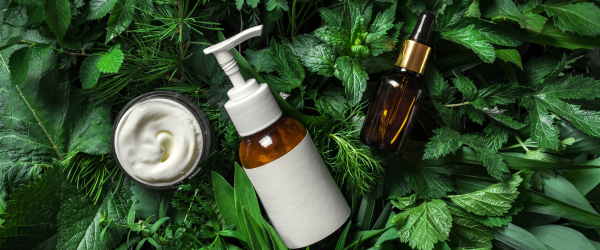Yogurts, beverages, cheeses, cereals, muffins, soups, capsule supplements and even pet foods have them. What are probiotics, do you really need them and why all the fuss?
Probiotics are microorganisms — good bacteria or yeast — said to promote health or help treat certain diseases. Yogurt, for example, is a probiotic. It contains healthy microorganisms. Some yogurts are supplemented to give you a bigger boost or higher dose of the live, active cultures.
Probiotics have been popular in Europe and Asia for many years, with the United States jumping on the bandwagon in 2007, when Dannon introduced its Activia line of probiotic yogurts and beverages. Today, the U.S. market sells more probiotic supplements than it does whole, actual foods shown to contain the beneficial bacteria.
It’s no secret our society is quick to partake in the latest trends, and the plethora of probiotic foods and supplements available in every supermarket chain and drugstore is no exception. These microorganisms occur naturally in some products, and for healthy adults there is no risk in consuming the fortified versions. In general, however, “regular” yogurts and related items — the ones we’ve been eating and drinking for years — are sufficient.
The purpose of ingesting live, active cultures is to help reintroduce or change bacteria in the intestine. Yogurt with live cultures has lactobacilli, while acidophilus milk and kefir (a fermented dairy beverage) have probiotics, as do certain other fermented dairy and nondairy foods.
For all the publicity and popularity, there is little detailed medical research on probiotics. As is the case with most supplements, they are not regulated by the FDA, so manufacturers can make all the claims they want as far as which ones to use and how many to take.
The most commonly found over-the-counter probiotics in food and supplement form include lactobacillus, bifidobacterium, streptococcus thermophiles and saccharomyces genera. While there is anecdotal information about probiotic efficacy for treating conditions such as bloating and bowel issues, medical research remains inconclusive. In addition, what you purchase over the counter is not always reflected on product labels. Always consult your physician before adding a supplement to your regimen.
As for those gut issues and active cultures, much of this goes back to — you guessed it — our diets. We eat quantities of processed foods, which are devoid of valuable vitamins, minerals, fiber and other naturally occurring, beneficial substances. Still, at the end of the day, there’s no need to spend money on “good bacteria” when your digestive system is already on track. And, as you might expect, the same rules and guidelines about proper nutrition apply here too: eat healthy food, including plenty of fruits and vegetables. For additional fiber, turn to sources like oats and bran. It’s not magic, and it’s not found in a bottle of capsules. It’s just good, sensible eating.
For more information regarding the efficacy, safety, and regulation of probiotics, visit the National Center for Complimentary and Integrative Health.
—
Jenna Andre is a total gearhead who also appreciates the simpler things in life. She is not a medical professional, and opinions expressed in this article are not necessarily endorsed by the publisher.
Email her at Jenna.Andre@ynotcam.com.










